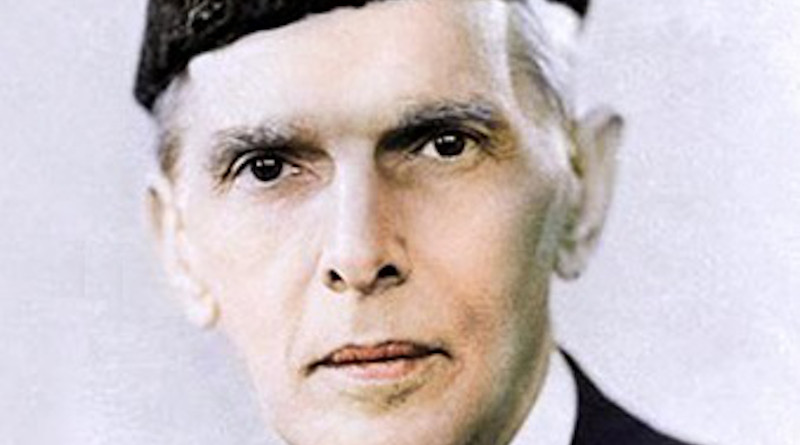Remembering 14 August: Pakistan’s Independence – OpEd
Pakistan, our cherished motherland, came into existence on August 14, 1947, as an outcome of India’s liberation from British rule. This momentous event was the culmination of tireless efforts by the All-India Muslim League, steered by the remarkable and visionary leadership of Quaid-e-Azam Mohammad Ali Jinnah, affectionately referred to as the architect of Pakistan.
The genesis of Pakistan was rooted in the compelling idea of the two-nation theory, a concept that found intellectual foundation in the profound philosophies of luminaries like Allama Muhammad Iqbal and Chaudhry Rahmat Ali. Quaid-e-Azam, in his seminal 1940 address in Lahore, eloquently elucidated the essence of this theory: “Hindus and Muslims belong to two different religious philosophies, social customs and literary traditions. They neither intermarry nor eat together, and indeed they belong to two different civilizations which are based mainly on conflicting ideas and conceptions.”
The two-nation theory, advocating a separate homeland for Indian Muslims, gained traction after Quaid-e-Azam’s realization in 1928 that his “14 points” outlining parliamentary reforms, aimed at safeguarding Muslim interests, were summarily dismissed by Indian Congress leader Nehru as “Jinnah’s ridiculous 14 points.” These points encompassed pivotal demands, including federalism with provincial autonomy, ensured Muslim representation in legislatures, and the protection of Muslim majorities in certain provinces.
The rejection by Nehru served as a clarion call, highlighting that in a united India, the Hindu majority would likely perpetuate the subjugation of Muslims. This realization propelled Quaid-e-Azam into a steadfast struggle for Pakistan, grounded in the principles of the two-nation theory. This vision was actualized on August 14, 1947, as the British government partitioned India into two independent nations, Pakistan and India. This partition adhered to the principles of granting both entities dominion status, autonomy, and the freedom to draft their own constitutions. Moreover, the princely states were accorded the liberty to align with either Pakistan or India, contingent upon geographical contiguity and the will of the people.
The authenticity of the two-nation theory and the establishment of Pakistan have been validated by the oppressive and prejudiced policies of India’s Modi-led BJP government. The systematic marginalization of Muslims underscores the wisdom behind the creation of Pakistan. Every year, on August 14th, Pakistanis unite to celebrate Independence Day with unbridled enthusiasm. The government, alongside public and private institutions, schools, universities, and the citizenry, collaboratively organize diverse events to express gratitude to Almighty Allah for gifting them an independent homeland. This day serves as an occasion for introspection, as the nation assesses its progress in materializing the vision articulated by Quaid-e-Azam.
In the context of this year’s Independence Day, which marks Pakistan’s Diamond Jubilee, it is evident that the nation has achieved noteworthy milestones across various sectors. A robust constitution stands tall, complemented by resilient agricultural, industrial, and infrastructural foundations. A skilled workforce and educated officials bolster Pakistan’s democratic machinery, judicial framework, economic expansion, and diplomatic endeavors. Notably, the resolution of the Indus Water Treaty stands as a testament to effective conflict resolution.
However, challenges endure. The economic landscape necessitates meticulous management to achieve sustainable growth and reduce reliance on foreign loans. Corruption and nepotism demand stringent measures, while a renewed emphasis on bolstering exports is essential. The lingering Kashmir issue remains a pivotal concern, and political intolerance poses a significant threat to national unity.
As Pakistan commemorates this momentous occasion, it is imperative for all political factions to embrace dialogue and cooperation. A comprehensive 20-year plan, underpinned by political stability, anti-corruption strategies, and export-driven economic advancement in line with Quaid-e-Azam’s vision, must be formulated. The active involvement of state institutions is pivotal in shaping and executing this plan, securing Pakistan’s trajectory towards becoming a resilient, sovereign, and prosperous nation, consistent with the aspirations of its founding father.

